Declaration of non-collusion
As part of a selective tendering process, tenderers may be required to complete a ‘Declaration of Non-Collusion’ (sometimes referred to as a ‘Declaration of Non-Collusion Form’ or a ‘Certificate of Non-Collusion’).
This is intended to prevent corruption in the tender process by requiring a declaration from the tenderer that they have not colluded with any other party in the preparation of their tender.
The declaration may require that the tenderer confirms that:
- Their tender is bona fide.
- They have not colluded with any other party to fix or adjust the tender price.
- They have not communicated the tender price or terms to any other party (other than where this is necessary to prepare the tender).
- That they have not entered into arrangements with other parties not to tender, or to tender a certain price or terms.
- That they have not given inducements or rewards to the client or their representatives.
- That similar non-collusion arrangements will be required from their sub-contractors and suppliers.
[edit] Related articles on Designing Buildings Wiki
Featured articles and news
From studies, to books to a new project, with founder Emma Walshaw.
Types of drawings for building design
Still one of the most popular articles the A-Z of drawings.
Who, or What Does the Building Safety Act Apply To?
From compliance to competence in brief.
The remarkable story of a Highland architect.
Commissioning Responsibilities Framework BG 88/2025
BSRIA guidance on establishing clear roles and responsibilities for commissioning tasks.
An architectural movement to love or hate.
Don’t take British stone for granted
It won’t survive on supplying the heritage sector alone.
The Constructing Excellence Value Toolkit
Driving value-based decision making in construction.
Meet CIOB event in Northern Ireland
Inspiring the next generation of construction talent.
Reasons for using MVHR systems
6 reasons for a whole-house approach to ventilation.
Supplementary Planning Documents, a reminder
As used by the City of London to introduce a Retrofit first policy.
The what, how, why and when of deposit return schemes
Circular economy steps for plastic bottles and cans in England and Northern Ireland draws.
Join forces and share Building Safety knowledge in 2025
Why and how to contribute to the Building Safety Wiki.
Reporting on Payment Practices and Performance Regs
Approved amendment coming into effect 1 March 2025.
A new CIOB TIS on discharging CDM 2015 duties
Practical steps that can be undertaken in the Management of Contractors to discharge the relevant CDM 2015 duties.
Planning for homes by transport hubs
Next steps for infrastructure following the updated NPPF.







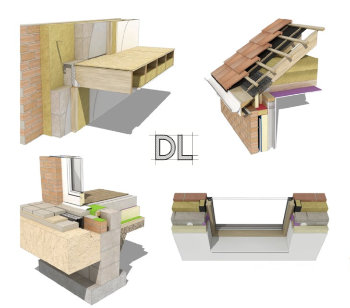

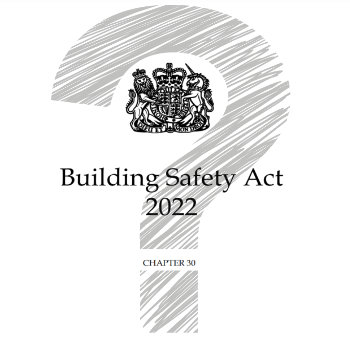

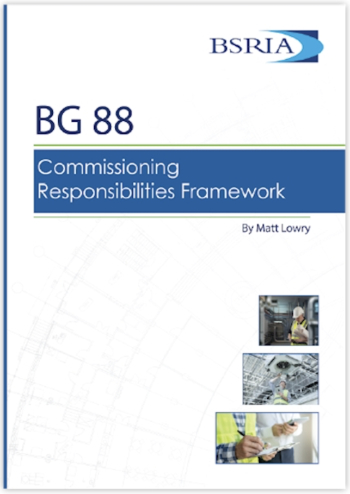

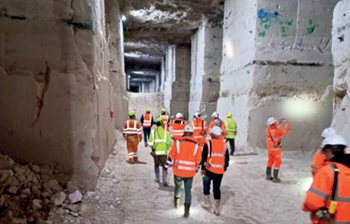


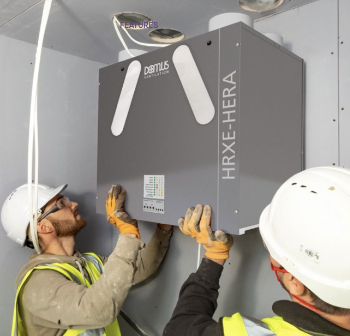
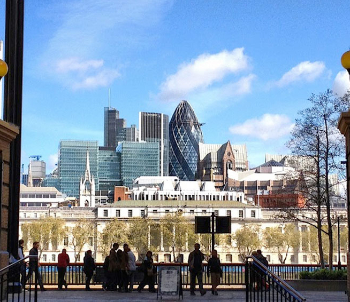




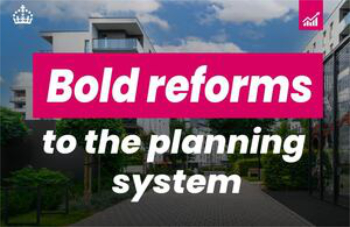
Comments
To start a discussion about this article, click 'Add a comment' above and add your thoughts to this discussion page.